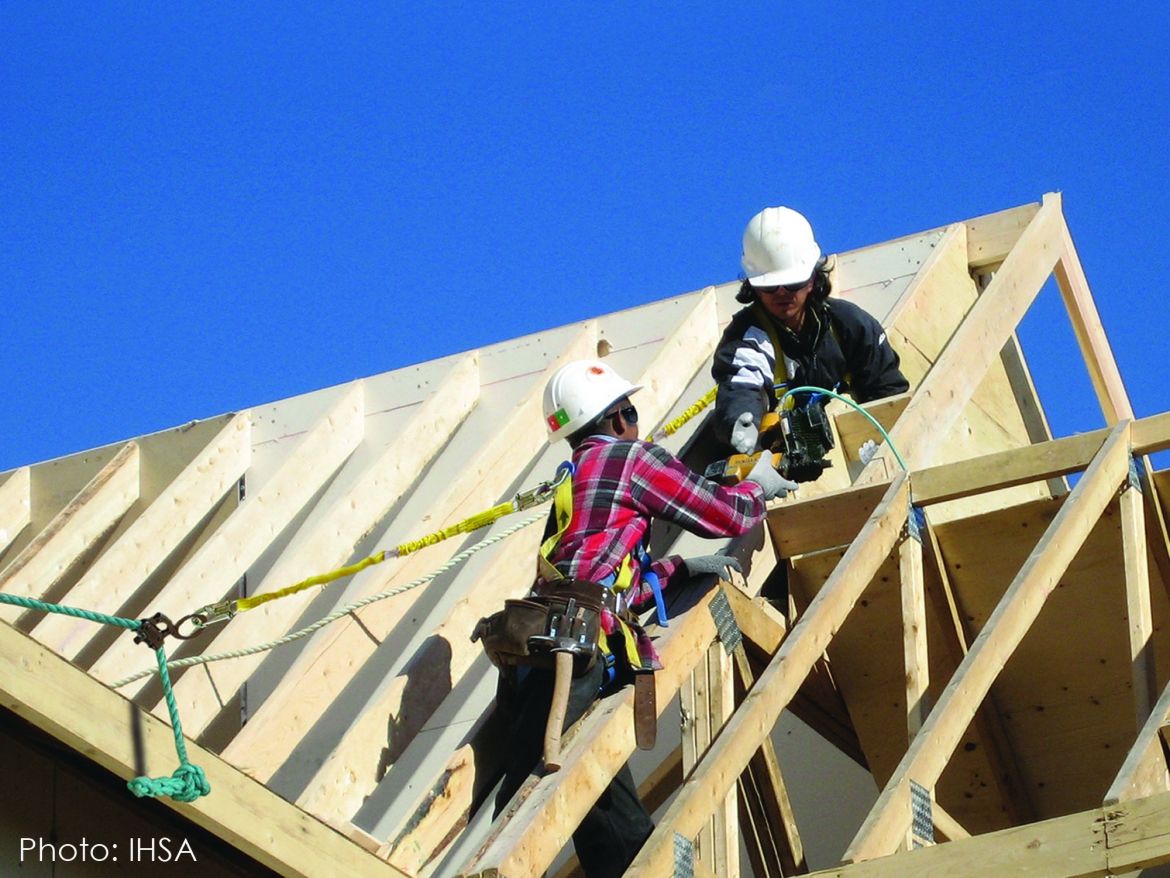Organizational context
Organizational contexts—for example, workplace size, sector and jurisdiction—can shape employer responses to occupational health and safety (OHS). They can also affect organizations’ ability to support employees living with disabling health conditions to stay at work or return to work after an absence. Our research seeks to better understand how these contexts may influence the effectiveness of programs and policies to prevent work injuries and improve OHS and return-to-work outcomes, with a special emphasis on the needs of small business.
Latest findings

Differences in firm-level AI use for health and safety
To what extent are Canadian workplaces using artificial intelligence (AI) to help support workers’ health and safety? And what do these workplaces have in common? An IWH study surveyed firms across Ontario and British Columbia to find out.
Preventing PTSI work disability at first responder organizations: perspectives from the workplace
In a multi-part study, an IWH team drew on interviews with leaders and members in first response services to learn what they’re currently doing to prevent PTSI work disability—and what barriers and facilitators they’ve experienced—to distill several recommendations.
In-person or online: Does it make a difference for OHS training?
Online formats for occupational health and safety (OHS) training have gained popularity in recent years, especially since the COVID-19 pandemic. But are they as effective as in-person training?Featured impact case study
Featured impact case study

